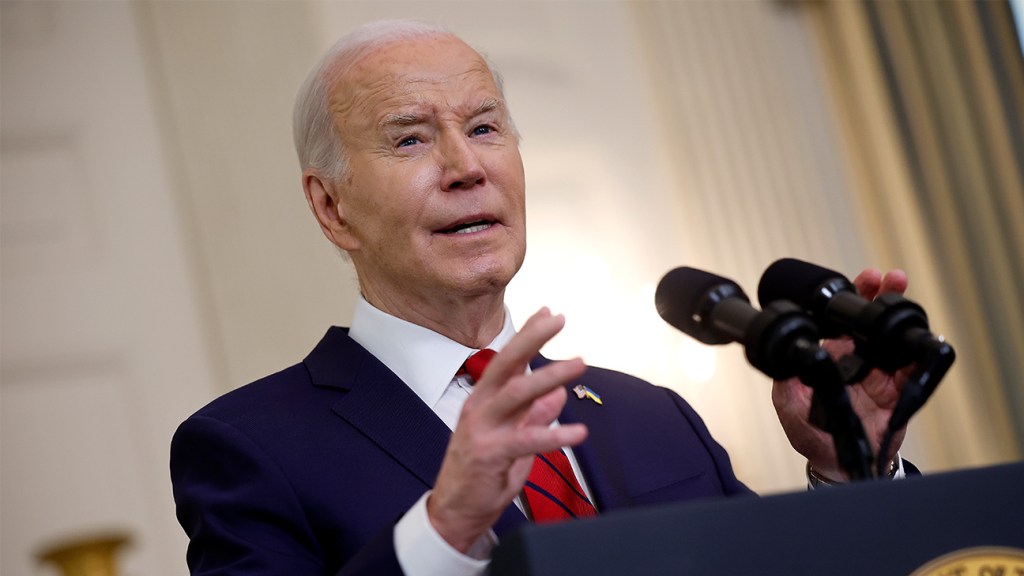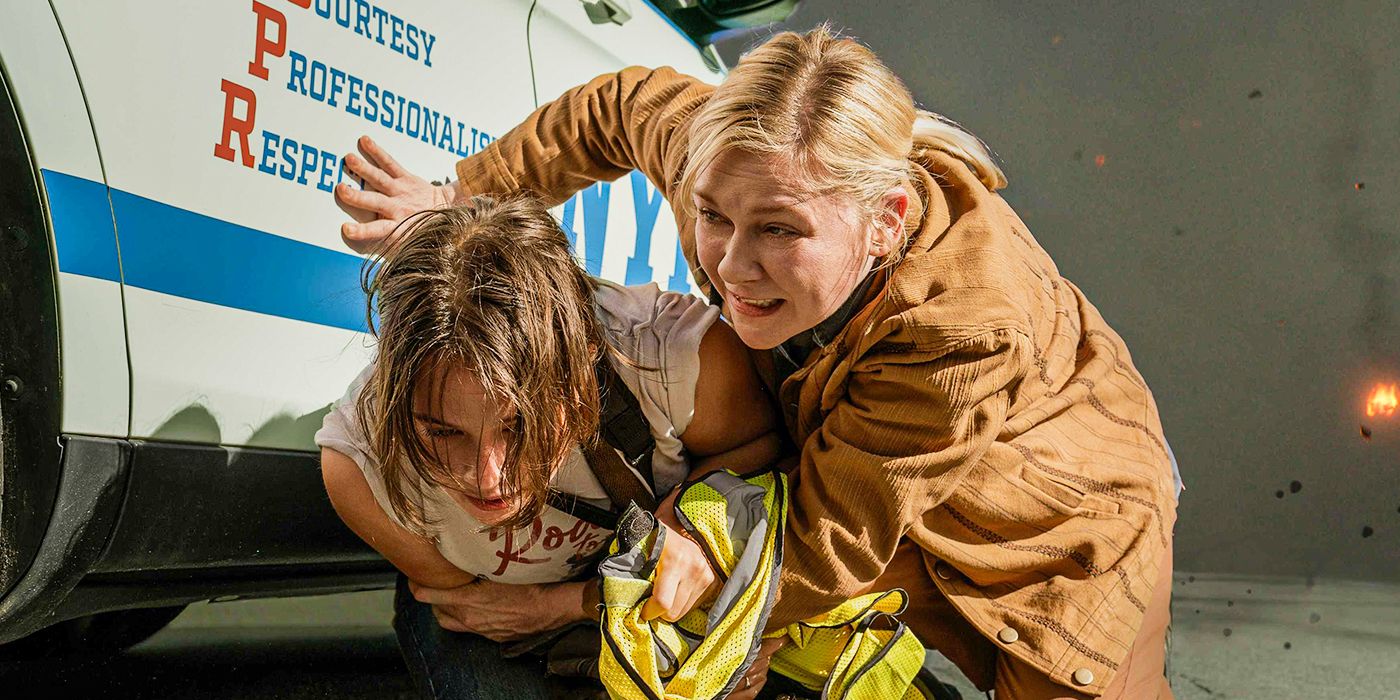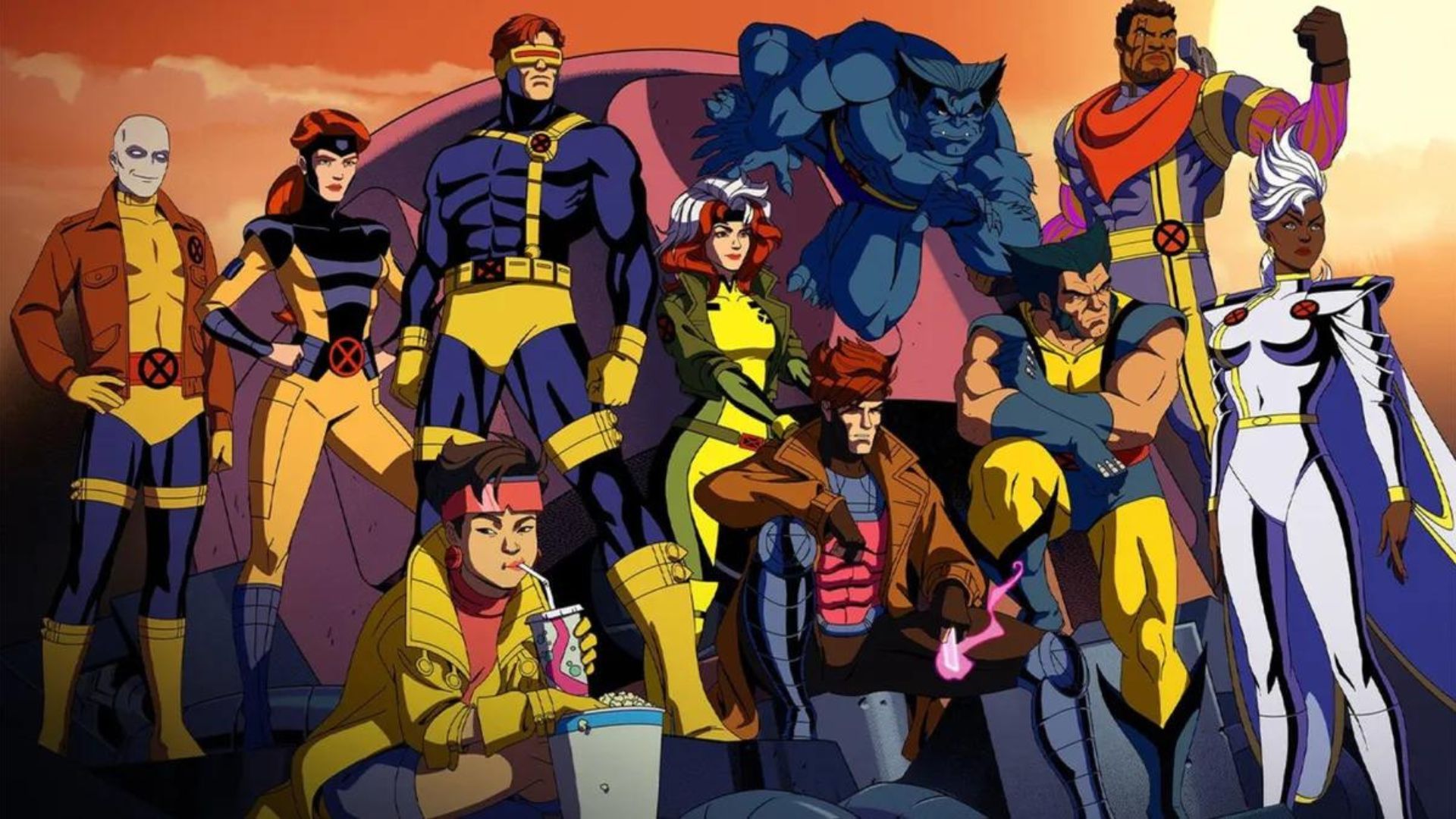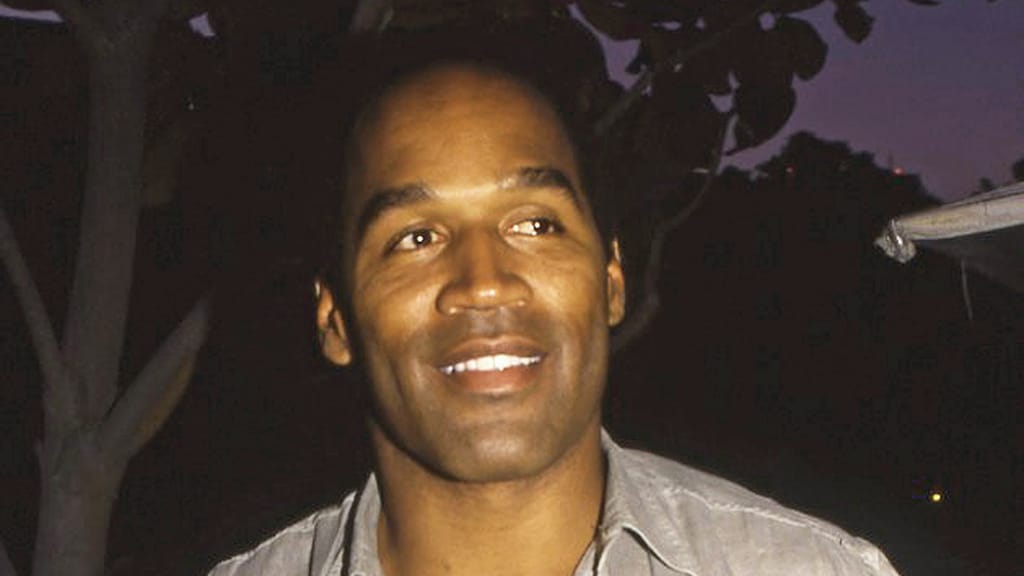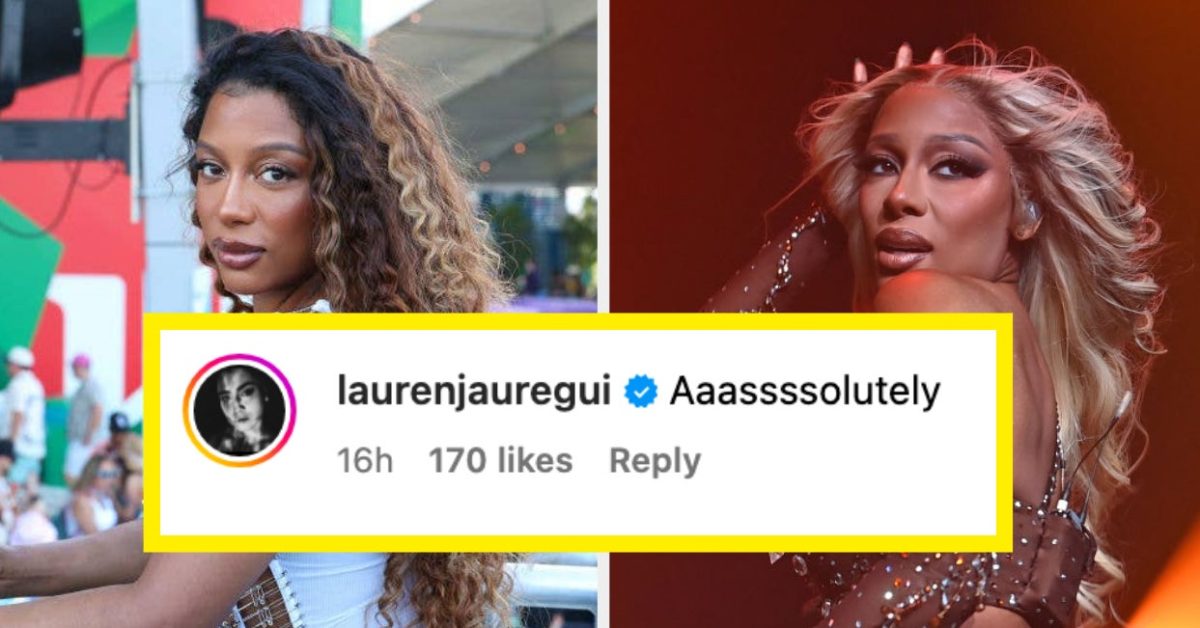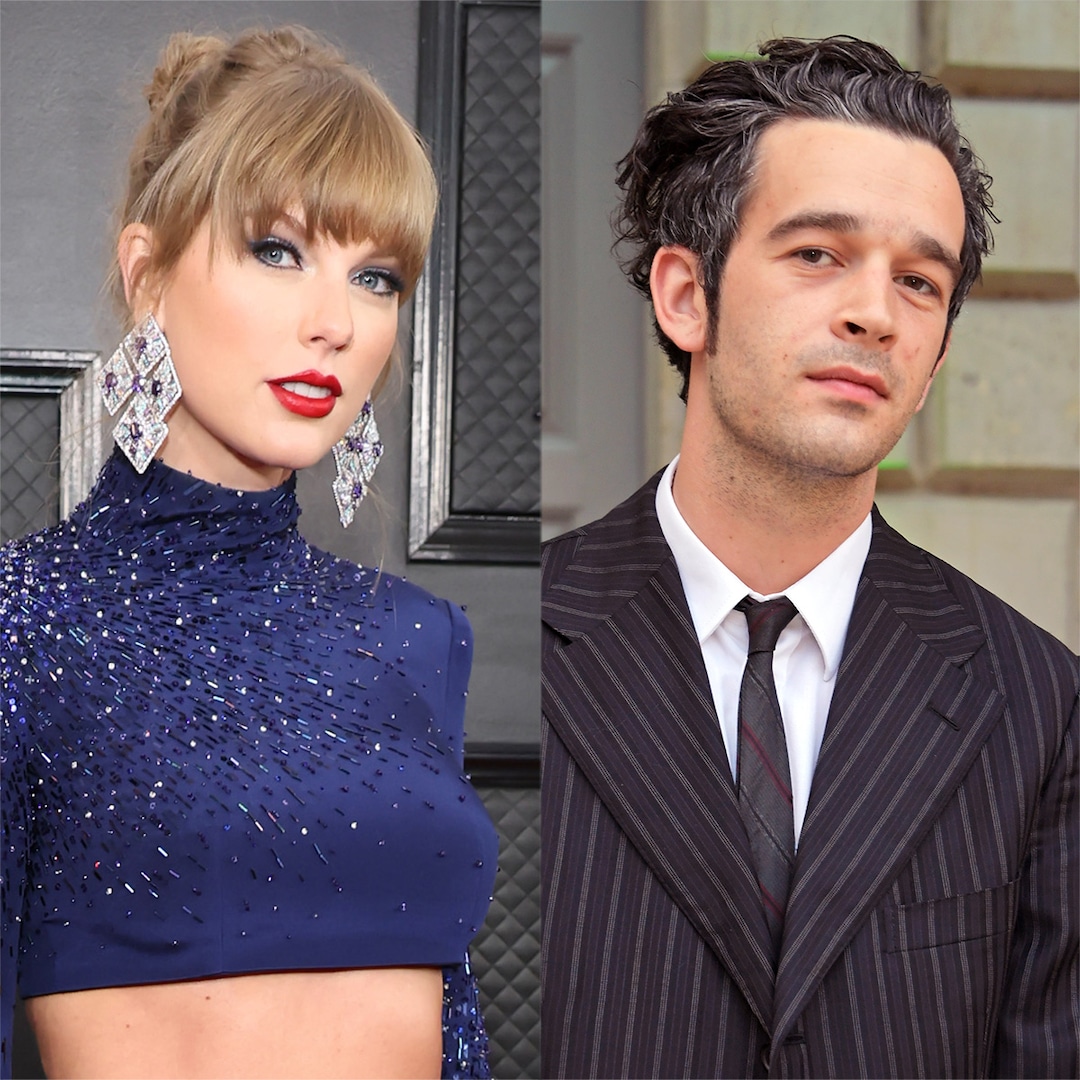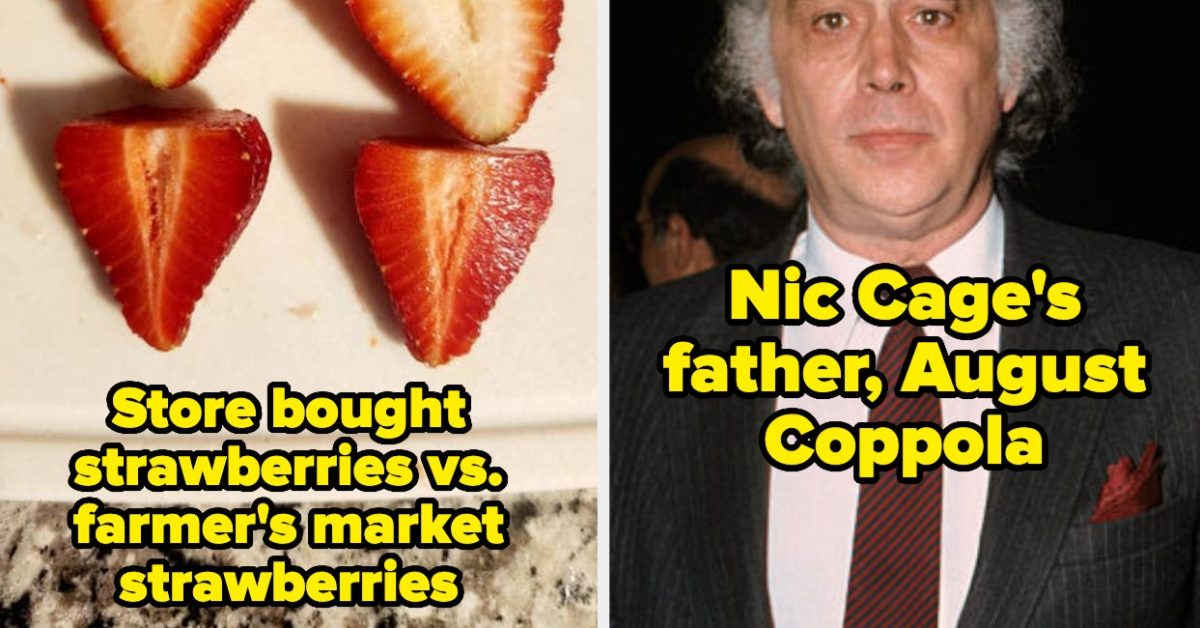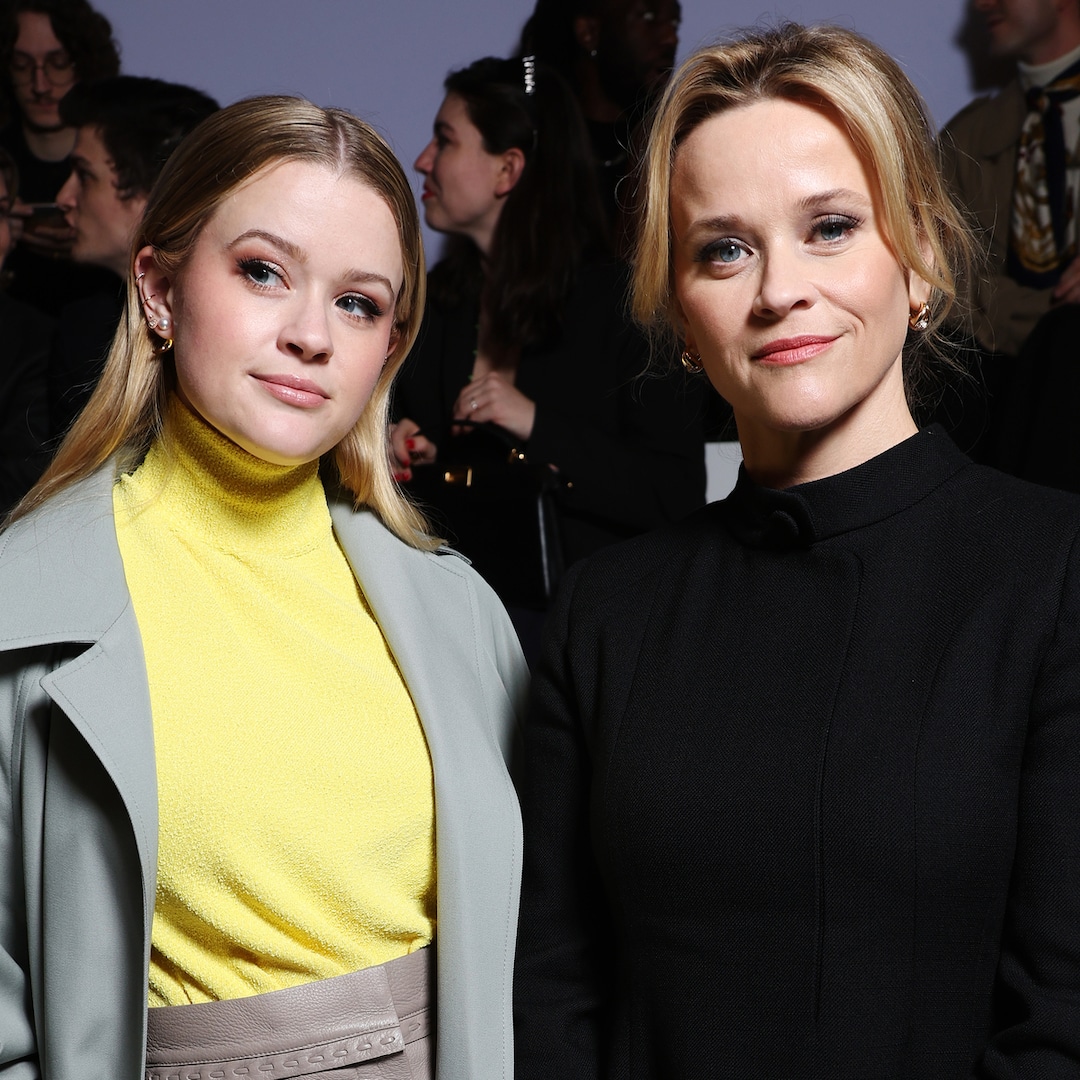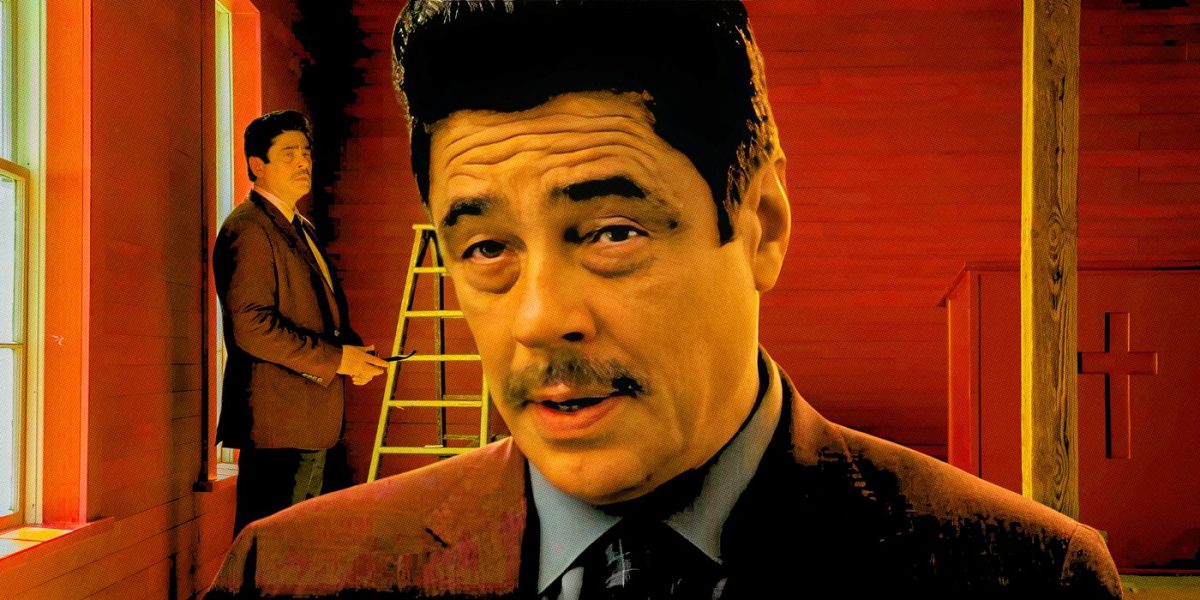
‘Reptile’ Director on Landing a Superstar Cast for His Feature Debut
Sep 8, 2023
The Big Picture
Grant Singer’s first feature film, “Reptile,” boasts a star-studded cast and the backing of streaming giant Netflix, making it a high-stakes endeavor for the first-time director. Singer drew on his background in music to infuse the film with a unique atmosphere, describing his directing style as “rhythmic” and “propulsive.” Singer felt immense pressure to make his first feature film a success and put in a great deal of effort to ensure that it evoked the specific emotions and feelings he had envisioned.
Ahead of its world premiere at TIFF, feature debut filmmaker Grant Singer spoke with Collider’s Steve Weintraub about crafting the perfect mystery in his star-studded neo-noir, Reptile. The film is led by Oscar-winner Benicio Del Toro and is rounded out by an A-list supporting cast, including Justin Timberlake, Alicia Silverstone, and Domenick Lombardozzi, that weave a tangled web of suspicion around a vicious homicide.
With such a heavy-hitting roster and a streaming giant like Netflix backing the project, you’d never guess Reptile is Singer’s first-ever feature film. This stroke of luck isn’t lost on the director either, who tells us this opportunity presented him with the highest stakes of his career, a career that includes collaborations with artists such as The Weeknd, Lorde, Sam Smith, and more. Singer also credits his dedication to atmosphere in the movie to his background in music, calling his style “rhythmic” and “propulsive.”
During their one-on-one, Singer tells Weintraub Reptile is “the greatest undertaking of [his] life” and discusses everything from the writing process with co-writers Benjamin Brewer and Del Toro to which ‘70s films inspired his passion for directing. He also shares his thoughts on casting, working with cinematographer Mike Gioulakis (It Follows, Us), and pushing the deception “to the edge” in the edit. Check out all of this and tons more in the full interview below.
COLLIDER: You have directed a lot of music videos, but if someone has not seen any of your videos before, what’s the one you want them to start with and why?
GRANT SINGER: Damn, that’s a good question. Let me think about that for a second, I want to give you an honest answer. Maybe “Call Out My Name” by The Weeknd. I like that video. It’s a bigger video that I’ve done, but people know “The Hills” and “Can’t Feel My Face” and “Starboy,” and all that stuff, but I really like “Call Out My Name” because I feel like it’s got atmosphere and it has direction in it that I like. So, I like that video. But again, to be honest, I don’t think my music video career translates at all to my movie career. I think that when you make a music video your job is to articulate the artist’s vision, how they want to present themselves for this new album cycle, and really the image of their music. So my job is always being a vessel that worked through them, whereas this is the first time I got to make something [where] I was able to be a vessel for myself, you know what I mean? To express myself artistically in terms of my vision. So, I don’t know if there’s really a video that I’d like people to see, but certainly, I like that video that I did.
Image via Republic Records
This is your first feature; you know the game, and you know the way Hollywood works, and your first feature really matters because it’s putting yourself out there. Some people aren’t going to get a second chance, so how much were you in your head thinking, “What is gonna be my first feature? Is this script good enough? Is this the story I want to tell to tell to get my shot at directing a narrative feature?”
SINGER: One billion percent. I am distinctly aware of how many miracles it takes to get a movie made, and oftentimes you only get one shot, and that matters. How you come out of the gates is everything. So it was very important to me with this movie that, number one, I wanted to evoke a very specific feeling. I approach filmmaking, and certainly directing, through feeling and emotion. Most important for me is just the feeling that I’m evoking to the viewer. When I think about my favorite movies ever, from Wild Strawberries to Vertigo to The Shining to Shoeshine, they all evoke very specific feelings. Even if I’m not acutely aware of certain things that happen in certain moments, or plot stuff, it’s like the feeling that I’m left with that lingers for the rest of my life. So I knew I wanted to evoke a very specific feeling, and I wasn’t gonna be happy unless my first film evoked that feeling emotionally and was moving in the way that I wanted it to be moving.
Especially once we got the cast that we got, once Netflix came on board, it was like, “Oh, shit.” There was real pressure that I put on myself. The stakes just kind of got greater and greater, and certainly, I don’t think I’ve ever worked harder. It was like the greatest undertaking of my life, and I really put a lot of pressure on myself to do the best I possibly could.
A lot of films have been made about killers, a lot of films have been made in this genre; before you started shooting, did you watch any films to show yourself, “This is the right way to do it,” or films that you’re like, “Oh, I’ve got to avoid these things?”
SINGER: You know, it’s interesting. So, I love watching movies. I watch movies the same way people listen to albums, and I watch the same movies over and over and over and over again. I mentioned Vertigo; Vertigo is a movie I’ve seen, conservatively, over 100 times. Zodiac is a film I’ve seen many, many times, In Cold Blood, The Night of the Hunter. There are so many movies that I watch over and over and over again. I wasn’t doing it necessarily to study certain things about, like, “Well, this is how you do it.” It’s more about, like, if you want to be an architect, you should tour great architecture and absorb the details of these structures and how things are made and the way certain things make you feel.
Oftentimes, with good movies, I’m hypnotized by the movie-making. I’m so absorbed, I’m so seduced by the experience that I like to allow myself to be hypnotized. I think, no matter how hard you try and study something, when you get to set and it’s a blank slate, and it’s like, “Hey, where do you place the camera? Let’s start rehearsing,” it’s like everything goes away. Literally, it’s like nothing, and you’re starting from scratch. And then your instincts take over. It’s all intuitive. To me, directing, and specifically making this movie, was completely intuitive. I might have watched The Shining so many times, but it doesn’t matter. It was just like, at the end of the day, what is intuitively right to me? What feels right? Again, I go back to feeling an emotion, but that’s everything to me. I certainly approach filmmaking, and approached constructing this movie, very intuitively.
Is having Benicio del Toro in your movie like having a cheat code in a video game?
SINGER: [Laughs] I would describe it as getting drafted to the NBA, and your teammate is Kobe Bryant, and it’s like your first year. You learn so much, and it’s the greatest experience ever because you’re with greatness. So, it was one of the most rewarding experiences, maybe the most rewarding experience, ever. You really have to– I don’t wanna say step up your game, but there’s a level of excellence that he is working with, and it brings out the best in everyone. It brings out the best in literally everyone, it doesn’t matter what you were doing in the movie. And certainly, I think personally, I put pressure on myself to be like, “Okay, I’m working with one of the greatest living actors. This is a moment that I will never get, forever. I’m going to make the most of this opportunity.” Absolutely.
Image via Netflix
You wrote the screenplay and came up with the idea with Benjamin Brewer; I wanted to give him credit. Going back in time, was this always the idea that you’ve been working on to make as your first feature, or did you and Benjamin, or you and whoever, come up with a bunch of ideas, and you ultimately said, “None of these are the ones I want to start with?”
SINGER: Ever since I went to film school, I wanted to make movies, and I think I was thinking about different ideas. In 2018, Ben and I wrote this script together, and it was something that felt right, you know? It felt like it was also the right timing for me to sort of transition from music videos to film. It all just felt like the stars aligned with the script. We set it up with our producers, Molly Smith and Black Label, and they had worked with Benicio on the Sicario movies, so when they felt the script was ready, we went out to him, and I met with him.
It’s actually a really funny story. I’ll never forget my first meeting with him. It was in Rick Yorn’s conference room, and I walk in, and he’s sitting down. He stands up, he shakes my hand, and he goes, “Why is it called Reptile?” Like, bam! He’d already read the script, but it was like question after question after question. It was this long conference room table, I’m sitting across from him, Jack Wickham, his agent, Rick, and it was just like a two-hour, 2.5-hour meeting, whatever it was, nonstop questions. And at the end, it went well, and he was like, “Alright, we’ll get to work,” and I was like, “Oh my god. Holy shit, holy shit! Is this real?” But I think, going back to your question, it felt like this film had all the right elements of what I was trying to do with my first movie, certainly.
Benicio has not written any screenplays before, but he is listed as a co-writer on the screenplay. So I am curious, you have that meeting, and things are going well; when does he join the effort in the writing process, and what does he bring to the script that perhaps you and Benjamin didn’t have already?
SINGER: I started meeting with him almost immediately after that meeting, and he had a lot of ideas, a lot of brilliant ideas. The script really began to evolve, and then ultimately, the film, and we just went with it. I think it was an incredible experience for me because I loved Benicio’s ideas. So much of making a movie is working with actors, right? And I really believe that when you work with actors, if you allow them the freedom to inhabit a character, as long as they know exactly what you’re going for, you give them, “This is my vision, this is what I’m doing here,” and then they can sort of freely inhabit that character in any way, usually that yields the greatest results. With the writing process, Benicio had all these amazing ideas. We started to run with them, and next thing you know, he’s writing the movie with us. It was an incredible experience, truly one of the greatest experiences.
If you don’t mind, can you give an example or two of what he brought to the script that really helped the script?
SINGER: Honestly, everything. I don’t have a specific example. You’d have to go through scene by scene, but it was everything. He did an incredible job. It was a wonderful experience. I think that he is so fantastic at character work, and we just evolved the story in new ways, and it was a beautiful collaboration.
How did the film end up at Netflix?
SINGER: That’s a good question. Probably my producers can tell you more accurately how that happened. I just know that we were a few weeks out from, in preproduction, and I got a call saying Netflix was interested in doing the movie with us, and I was like, “That’s amazing.” And that’s how they got involved. I don’t really know the details. I was so grateful just to get this movie made that I was like, “I’m getting my movie made, amazing.” I’m just rolling with everything, you know? It was a very exciting time, absolutely.
Yeah, for your first feature, it’s just, “Is someone paying to make this? Looks great, let’s keep going,” you know what I mean?
SINGER: Yeah, let’s keep the ball rolling. My biggest thing was having time for pre-production, working with the actors, and, like I told you earlier, I wanted to deliver. I had a very strong desire to make something really good and to do that, it was gonna require, like, 120% of my concentration and effort and determination to do it.
Your cinematographer is Mike Gioulakis. How did you pick Mike to shoot the movie?
SINGER: I’ve been a fan of Mike’s for a long time. He shot It Follows and Under the Silver Lake and a lot of stuff with M. Night Shyamalan. We had talked to a couple of different cinematographers, and from my first Zoom with Mike, we just hit it off. I like the fact that we’re around the same age, we have a lot of the same references, we’re both students of film, we love film, we both have an incredible passion for certain filmmakers or cinematographers, et cetera. He really shared the same excitement for the movie that I had, and it felt like I didn’t have to do all the heavy lifting. In terms of pitching the movie, he was just as excited about it, seemingly, for my thing, and I really respond to excitement. Just as a person, I like working with people who share my same passion.
I like the fact that we were both around the same age, and we both kind of have this, I don’t wanna say chips on our shoulder, but we both still have a lot to prove, right? Obviously, he’s done incredible work, but I know that he still feels like the best is in front of him, and I certainly feel that way too. So it was really nice making something that we both feel passionate about, that we both really truly wanted to be excellent. He completely understood what my vision was and how I wanted to very precisely and mechanically tell the story in this sort of razor-sharp way and deal with perspective and emotional intent and deception, and how we were going to deceive the viewer and structurally do that. The visual architecture that I was very, very passionate about, he completely got it, and it just felt like the right partnership.
Image via The Weinstein Company
How did you guys decide on what camera and lenses to use?
SINGER: We did many tests. We were gonna shoot in 35. We ended up not, but we used this technique called “film box,” or something, where the footage is treated in such a way that gives it a little bit of that sort of tactile, textural heaviness that looks filmic and thick and dense and painterly that I was very interested in. I obviously love a lot of ‘70s films—well, all movies—but I really wanted this to feel tactile and warm and not feel super clinical or austere. So I was concerned about making sure it didn’t feel too sharp…It ended up being a really great decision, what the process was, so I’m very happy about how that turned out.
I’ve spoken to a lot of filmmakers, and they talk about how there’s pros and cons to what they want to do with film or digital. One of the things that digital does is that it allows you to shoot at night with very low light, and that’s the major thing that everyone keeps talking about.
SINGER: Yeah, certainly. I don’t remember how many shoot days we had, but it was a very ambitious schedule. My AD, I’ll never forget, he was like, “Grant, you gotta cut 15 pages.” I was like, “Dude, I can’t,” and he’s like, “Grant, we’re never gonna…” We were shooting, sometimes, five, six pages a day, seven pages a day. We were shooting so much. So, for practical reasons, like everything, it just ended up being the right thing. It was a whirlwind. You make a lot of decisions. Also, what financially makes sense? But it ended up being the right thing, whatever we did.
What’s interesting is that when I watched the movie, I did not feel like you were rushed. One of the things I wanted to talk to you about is that you have some very specific camera moves that I really enjoyed where you start the camera outside a room, and it sort of comes in. I’m thinking about the bedroom scene where Benicio and Alicia [Silverstone] are lying on the bed, and the camera comes in slowly, and it like goes to the left, and you see them on the bed. Stuff like that is meticulous camera moves that take time to set up, and you have a number of these kinds of shots. Talk a little bit about how much you and Mike, before you stepped on set, were working out those shots and how much was it like you’re in the moment, and you guys are figuring that out while you’re there?
SINGER: I’d say it’s a mix. I remember before I made the movie, I wanted to construct every beat, every shot, of the whole movie. Then Mike and I got through the first week, and we’re like, “Fuck that.” We got through one week, and after that, it was very much, I don’t wanna say on the fly, there were absolutely certain sequences that I had directed in my head, if you will, prior to even setting foot on location, but a lot of sequences were discussions between me and Mike being like, “What we could do here? Oh, we could do this, and reveal…”
I love, when I watch a movie, to feel like what I’m watching is considered, and like there’s, I keep using the word architecture, but there’s real architecture to the film. You’ll notice there are only two handheld shots in the whole movie, and nothing against handheld, I think it’s amazing, but I really wanted to make something that was very mechanical feeling. One of my favorite things in filmmaking is when an actor walks 10 feet, the camera follows him or her 10 feet, actor stops, the camera stops, music stops. It’s this sort of symphonic, almost operatic connection and tightrope between what you’re seeing and the lens that is filming it. And so constructing the movie was very much about, “Okay, well, how do we make this architecture all feel unified visually, sonically, and then through the performance of the actors so they’re all very connected and there’s like a oneness to the movie?”
It shows. Some people I’ve spoken to, like Roger Deakins, will do one camera on set. There’s only one shot, if you will. Then Ridley Scott will shoot with six or eight cameras and shoot the whole thing. It’s completely radically different ways of working, and both yield incredible results. So for you on Reptile, were you shooting with one camera a lot or were you doing coverage?
SINGER: One camera the whole time. There was only one sequence I can remember where we had three cameras, but it was a dinner scene, that French restaurant in the beginning of the movie, and it was just because there are so many actors at the table, and it would have required three days. But by the way, every camera was super-considered and on the right thing; it wasn’t like we were just shooting it for reactions. It was essentially just to get everybody’s close-up at the same time. Also, as you know, when you work with actors, you wanna get a little bit of the unpredictability and spontaneity of doing the scene in the first few takes. You don’t want the reactions to feel forced or the performances to feel a little bit tired, so it was just a way to both protect the actors and their energy. But it’s the former, what you were saying, which is there was one way of shooting it.
One of my favorite scenes in the movie is when Justin Timberlake is showing Benicio the house later, and the camera pushes in as Justin says, “I’ve never shown a house at gunpoint before.” He goes, “Oh, you’re not afraid of guns, are you?” And then we slowly find them. It’s like cat and mouse. It’s all completely composed. In fact, when they walk down to the basement, we even had a camera set up in the corner of the room where the actors finished in the kitchen, and then they walked down the thing, and it was all done at the same time. So these are the shots, and then the actors will come inhabit the space the way that is natural to them.
Image via Netflix
One of the things about a movie like this, something I have found pulls me out of a film, is when one of the supporting characters is like a superstar actor, and you just know that they’re the guilty person because it’s the superstar actor doing a role. You’re like, “Well, why is this person playing this role?” So how much were you thinking about the supporting cast and making sure each part doesn’t give away the finale, if that makes any sense? For example, Domenick Lombardozzi plays a supporting role, Justin plays a supporting role, you have a lot of supporting players, and what I have found in certain movies in this genre is if you have someone who’s too big of a star in the supporting role, they’re the guilty party.
SINGER: You know what? That’s very interesting. It wasn’t something I was overtly conscious of when we were casting the film. I just felt like I knew Domenick was gonna be a good Wally, I knew Eric Bogosian was gonna be a great Allen, I knew Justin was gonna be a great Will, I knew Michael Pitt was gonna be a great Eli. I just went, intuitively, who did we envision for the role? Obviously, casting is a group thing, but those were actors that I just felt inhabited those characters. But that is a really good point, that you have to be careful of that, or else it gives away the trick of the movie.
One of the reasons why I liked your casting is all of those people are name people, like people that could easily have done it, and you don’t really know. Because if it had just been Justin Timberlake, I’d be like, “Oh, he’s the guy,” or if it had just been Domenick, “Oh, he’s the guy,” you know?
SINGER: No, it’s a good point. It’s a really good point.
Alicia and Benicio are very, very good together in the movie. They have great chemistry. Obviously, they worked together many years ago, but when did you know, “Oh, these two are gonna be really good?”
SINGER: I think when Alicia arrived on set and we started all hanging out and rehearsing, I was like, “Oh wow, this is really good.” You can tell from a rehearsal if something feels alive. That’s the word I like to use, like, does a scene feel alive? I can’t remember the first scene we shot with them, but I remember when we shot that first scene, I was like, “Oh my god, she’s brilliant.” And the two of them – he’s so comfortable with her, she’s comfortable with them. They bring out the best in each other. She’s a true joy to work with as an actor. Everyone feels that way who works with her, certainly with Benicio, too. So whenever they were on screen together, I almost felt like I could sit back a little bit because I knew that I was in the presence of two wonderful actors who were gonna do so much heavy lifting. The two of them together, their scenes are alive. There’s a vitality when they’re on screen together, and a chemistry, that you can’t force. So I’m very, very, very grateful to have worked with her.
Justin is pretty selective with his acting roles, so did you have some sort of—how can I say this?—blackmail on him? How did you pull him in?
SINGER: His name came up very early in the process, and I loved that idea. To me, because he is known as a pop star and although he is such a fine actor—he has worked with some of the greatest directors from the Coen Brothers to David Fincher, what have you—I loved how inspired that idea was. Then once I met him, I was like, “Oh, this is it.” We just got along, and he loves the script, and he loved my vision for the movie, and he was very excited about the project, and that goes a long way. Again, that character is so hard because we’re always trying to portray the hunter as the hunted, something we’re doing in the movie, this sort of delicate balance, and grieving, and what is he thinking, and all these different things. It’s a very hard role, and he’s so vulnerable yet withholding. I just thought he did such a fine job, and I loved working with him.
Image via Netflix
One of the things about a film like this is you need to decide where and when you’re gonna give the audience information. No matter how you script it, in the editing room, it’s all subject to change, so talk a little bit about how things possibly changed because of where and when you wanted to give information.
SINGER: So, in the edit, I’m constantly trying to deceive the viewer. One of the goals of the movie was to evoke the feeling of being deceived but also have the characters themselves be deceived throughout the movie, right? So there’s this sort of multifaceted sense of deception. I think, for me, a lot of it comes down to performance, right? It’s really subtle, but there are scenes with Benicio or scenes with Justin where I’m constantly pushing it to the edge in terms of the edit, in terms of performance.
A movie like this requires an active participation for the viewer to be involved and engaged in formulating thoughts and opinions as to what is happening with the story. So every beat, every look, every flinch, every wink, everything is meticulously looked at in a way. For example, in the comedy, you might not be as perceptive or focused. For example, that interrogation scene between Benicio and Justin earlier in the movie, we meet Benicio’s character and he’s got a cut in his hand, right? We just witnessed that there was a crime in the community, and you’re like, “Wait, is he the killer? What’s going on? How do people know each other?” So every beat in that scene, for example, from Benicio’s performance to Justin’s performance, you’re leaning in and you’re looking, you’re trying to find any little clue.
So to me, to answer your question, it’s all performance-based, beat by beat. Then it’s a conversation between my editor, Kevin Hickman, and I about, “Where are we? Are we ever leaning? Is this too much here? Let’s remove that.” To be honest, it’s throughout the movie, so it’s not like there was one scene or one part of the script or whatever. It’s really throughout the whole thing just trying to delicately carve this ambiguity.
One of the things that I also enjoyed was you have some short scenes. Sometimes in a movie, there’s a scene between the police officers, and they’re and they’re having fun. It’s not about the case, it’s just getting to know them. What’s interesting about the film is that you have some scenes like that that start and then they end a little more abruptly than I expected. I’m curious if that was in the script or if that was because you wanted to deliver a movie that was two hours and 10 minutes.
SINGER: I think it’s because of my taste. I’m obsessed with sharpness. I love sharp cuts. I’m very rhythmic as a filmmaker, I think because I have a music background. I actually studied music back in the day. I thought I was maybe going to become a film composer at one point in my life. I think a film and film editing should be very rhythmic, and oftentimes, in terms of how we cut a scene, it’s very much about, where’s the rhythm of the scene? I wanted to make something that was propulsive, and I felt like in a movie like this, I don’t feel like you ever want to feel languid or like it’s going on too long. But also, like what you were talking about, like Deakins, how he has one camera. I’m very deliberate in how I construct, but I’m also trying to make something that feels like paced. You’re also dealing with pace, and when you’re making a movie, you’re really conscious of that. So editorially, I like the sharpness of cutting before you even have a moment to almost catch your breath. I think that’s something that I like. I love the precision of that.
You’re also keeping the audience on its toes because it’s ending quicker or in a moment that the audience isn’t expecting.
SINGER: For example, I just rewatched Magnolia yesterday, and that movie is so fast. It’s actually amazing. And I’m like, “Oh my god.” Before a scene is even over, you haven’t even comprehended what you just saw, and it’s overwhelming in a really amazing way. This movie is not nearly anything like Magnolia in terms of anything, but I do love when filmmakers do that. It definitely, like what you say, keeps you on your toes for sure.
What did you learn from your early friends and family screenings that impacted the finished film?
SINGER: That’s a good question. Well, people were very surprised by the movie, I’m not gonna lie. I didn’t realize… I’ve got a lot of reactions like, “Oh my fucking god,” like they didn’t know what to expect. Again, I am so close to it, so I’m not even conscious of what I made a little bit. I’m conscious of it, but I don’t know how it affects people. People were very surprised by the movie. You could ask them, I don’t know in what way. They felt it was very intense and suspenseful. I kept hearing that word “suspense.” The last hour was very suspenseful, and I certainly tried. I mean, that certainly was something I was trying to do, but I wasn’t trying to think, “Okay, I gotta make this scene suspenseful.” I never fucking thought of that. I always think of movies as like, “Okay, how do I execute the scene?”
To answer your question, I didn’t realize how suspenseful the last hour was. That’s the right answer. Everyone was like, “Oh my god, I couldn’t breathe in the last hour,” and I was like, “Oh damn, okay. That’s good.” But I didn’t know how suspenseful it was gonna feel to people. I did not know that.
Image via Netflix
Did you get any feedback from anyone, even from Netflix or test screenings, where someone gave you a note, and you’re like, “Oh that’s a really good note, and I need to change something?”
SINGER: So, originally, what we were trying to do was calibrate the right balance of the prologue. I always love this idea that you sort of start the film with these two characters and essentially pass the baton 10 minutes later to the Benicio character, and it recalibrates the protagonist and the storytelling, and you reconsider everything that you saw in the first 10 minutes. I think that one of the things that we’re trying to do is like, “What is the right duration of length for that prologue with the Matilda character and the Justin character?” You can’t make it too fast because you have to care about these characters and understand what their dynamic is and what the sense of the story is, but you also don’t want to live in it so long that by the time you meet Benicio, you’re already like 20/15 minutes into the movie. So it was really about calibrating that sequence. It’s like going on a roller coaster. It’s the build-up before the big drop. And it didn’t change too much, but we were going, “What’s too short? What’s too fast? What’s the right information?” I think that was something that we learned in early screenings.
Then also, there were just certain sequences, like, for example, I didn’t realize that sequence when Justin leads Benicio through the house in the last act. People lost their minds, loved that sequence, and I was like, “Okay, I knew that was gonna be good, but I didn’t realize we’re gonna have the reaction that it had,” which we were so ecstatic about. So then there’s also like, “Oh my god, wow, that’s working!” You’re not gonna lift a finger. We’re not touching a thing. The first way we cut that was like, “Bam!” We never touched it since. So you also learn what works.
I forget, is it two hours and six minutes or 16 minutes?
SINGER: It’s two hours and six minutes, before credits.
What was the director’s cut you had?
SINGER: You know what? Literally, 2:14. My first cut was so precise. Again, I think what you asked about earlier, the editing, I have a style of the movie that I wanted to imbue editorially, so the first cut wasn’t much longer than what you saw. It honestly wasn’t. I don’t think the movie has ever been longer than two hours and 13 minutes.
Reptile will celebrate its world premiere at the 2023 Toronto Film Festival.
Publisher: Source link
Victoria Monét Shared A Picture Of The Extra Weight She's Gained, Particularly In Her Butt, Thanks To PCOS, And She's Learning To Love It
"Now there are two moons on the stage."View Entire Post › Disclaimer: This story is auto-aggregated by a computer program and has not been created or edited by filmibee.Publisher: Source link
Apr 29, 2024
Untangling Taylor Swift’s and Matty Healy’s Songs About Each Other
"Loml": In this moving track, Taylor first sings about being called the love of someone's life "about a million times." However, the dynamic soon changed. "If you know it in one glimpse, it's legendary," she notes. "What we thought was…
Apr 29, 2024
I’m Pretty Much The Dumbest Guy On Earth So These 22 Absolutely Incredible Pictures Put My Brain In A Blender Immediately After I Saw Them
I'm Pretty Much The Dumbest Guy On Earth So These 22 Absolutely Incredible Pictures Put My Brain In A Blender Immediately After I Saw Them 1. This is what Nicolas Cages' father, August Coppola, looked like: 2. This is how…
Apr 28, 2024
Reese Witherspoon & Daughter Ava’s Resemblance Is Wild in Twinning Pic
Reese Witherspoon Hit the 2024 Golden Globes Red Carpet with a Special Date: her eldest son Deacon PhillippeReese Witherspoon and Ava Philippe walk the line of being impossible to tell apart. In fact, the Legally Blonde star and her 24-year-old…
Apr 28, 2024
